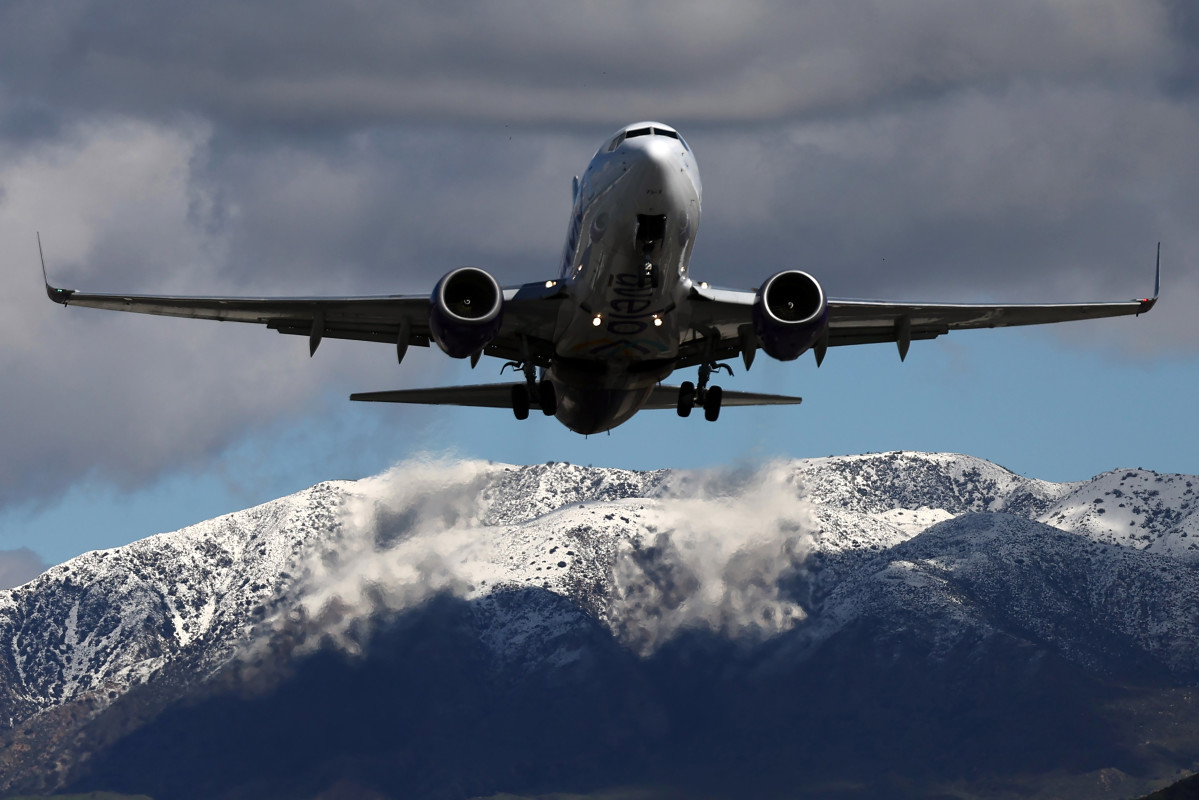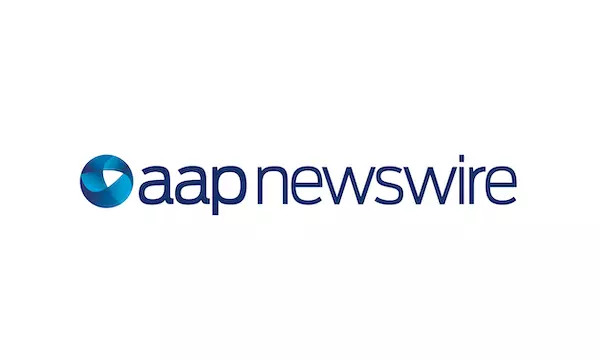
Inflight internet on airplanes has shifted from an anomaly 20 years ago to an expectation. The issue with most inflight internet offerings, however, is one of speed and connectivity; traditional inflight internet works through an air-to-ground connection. Airplanes, hooked up with an antenna, receive signals as they fly over cell towers, a method that limits the availability of internet that is generally slow, topping out at around 10Mbps.
Increasingly, inflight internet providers are switching to satellite internet, which allows for stronger, more consistent coverage, with speeds ranging from 30Mbps to 100Mbps. And as airlines begin to understand the value of satellite-based internet services, Elon Musk's SpaceX wants to leverage his own constellation.
Related: Elon Musk shares exciting updates about the future of interplanetary travel
An offshoot of SpaceX's rocket-launching business is Starlink, a constantly growing constellation of broadband internet satellites that float in low-Earth orbit. The company currently operates close to 5,000 Starlink satellites, with plans to boost that number to at least 42,000.
Viasat, a communications company that provides inflight internet services to JetBlue, United Airlines and American Airlines, operates a fleet of four satellites.
Musk launched Starlink Aviation, a subset of Starlink specifically designed for use on airplanes, Oct. 18, 2022. Starlink Aviation is now available on two Gulfstream models; other popular aircraft, including the Airbus A320 and A330 and several Boeing craft, will not be compatible with Starlink Aviation until "2024 and beyond," according to SpaceX.
Though it remains unclear just how soon Starlink internet might become a regular feature of commercial airlines, Musk is confident that it's on its way.
"Starlink will be available on most aircraft soon, depending on whether the airline orders it," he tweeted Oct. 9.
Starlink Aviation, which will cost airlines $25,000 a month after a hardware fee of $150,000, offers download speeds of 40-220Mbps, according to SpaceX.
Related: Elon Musk is frustrated about a major SpaceX roadblock
The inflight connectivity market was valued at around $5 billion in 2021, according to market research firm Verified Market Research. The firm expects the market to be worth more than $12 billion by 2030. As of last year, Delta and United said they both host around 1.5 million inflight internet sessions every month.
Last year, Hawaiian Airlines became the first major airline to agree to adopt Starlink on its Airbus A330 and A321neo craft. There is no indication that other major airlines are planning to adopt Musk's Starlink services.
“When we launch with Starlink we will have the best connectivity experience available in the air,” Hawaiian Airlines President and CEO Peter Ingram said at the time. “We waited until technology caught up with our high standards for guest experience, but it will be worth the wait."
Musk has faced fierce criticism for the role he and his Starlink satellites have played in the Russia-Ukraine war.
Get investment guidance from trusted portfolio managers without the management fees. Sign up for Action Alerts PLUS now.







